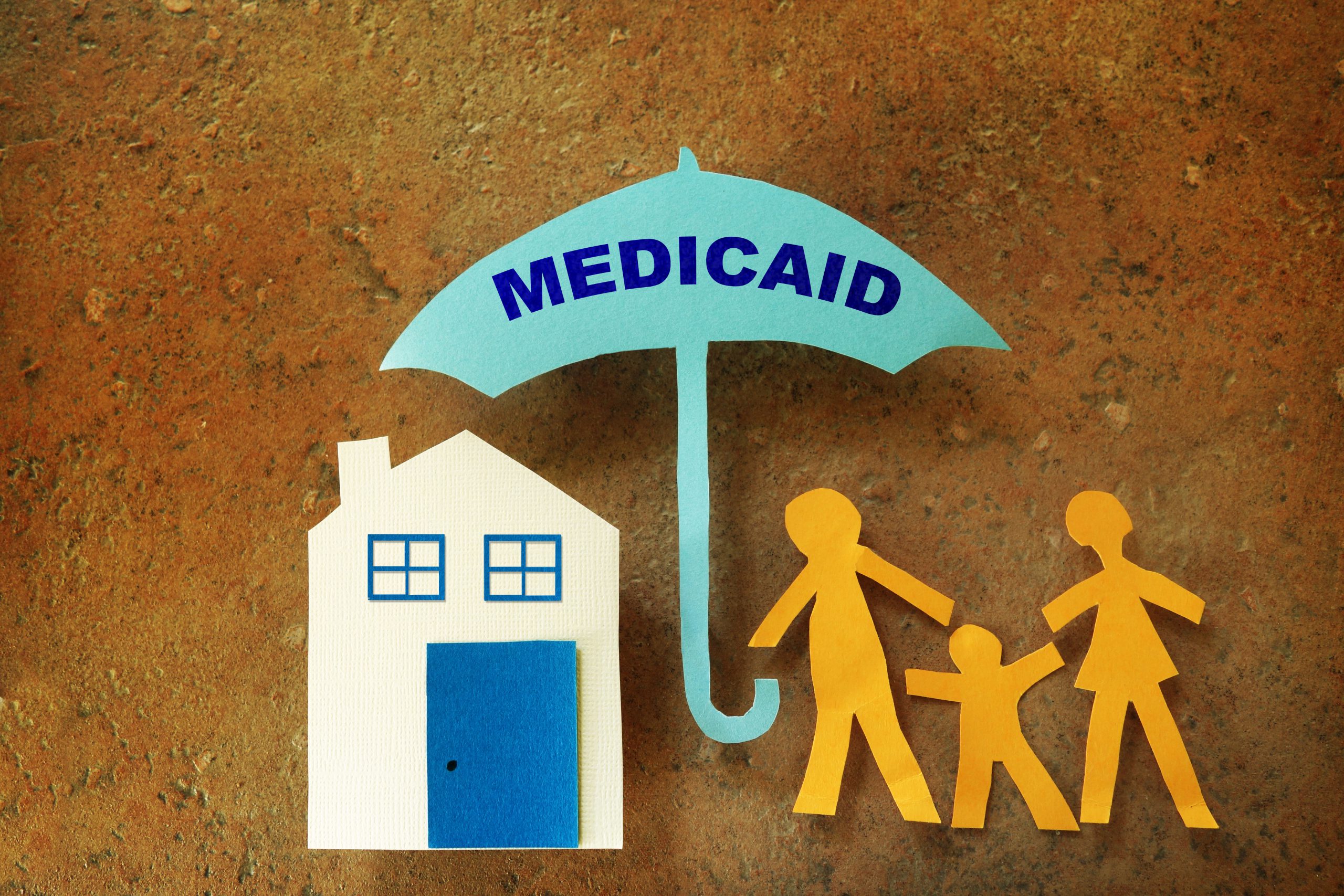Everything You Need to Know About Iowa Medicaid Cuts

Upon federal approval, Iowa is slated to reduce the benefits of Medicaid beneficiaries. Approximately, 40,000 Iowans will feel the effects of this decision. The changes reduce the coverage of recipients right before they can shift to Medicaid.
Recipients Face the Possibility of Reduced Care
The Iowa Hospital Association has vehemently objected to the cuts. It is believed that the changes will place a heavy financial burden on the state’s hospitals. It is feared that Medicaid recipients, especially those located in rural communities, will face great difficulties and reduced care.
Previously, there was a retroactive-eligibility provision written into the Iowa Medicaid provision that ensured payment for health care services during the three months before a person became eligible for Medicare. This helped guarantee that healthcare providers would continue to accept patients who had not yet applied for Medicare. The retroactive healthcare payments were highly beneficial for people who experienced a health crisis and required immediate care.
Eliminating the Window Could Endanger Millions
Unfortunately, in a bid to save money, the Iowa Department of Human Services asked the Centers for Medicare and Medicaid Services to eliminate the three-month window in an effort to save 36.7 million dollars. Under the new plan, care would only be paid that was delivered on the first day of the month that the recipient becomes eligible for Medicare.
National Implications
As the possible savings becomes more well known, other states will proceed to follow on the heels of Iowa. Kentucky, New Hampshire, and Arkansas have already proceeded with a similar plan. Ultimately, millions of individuals could suffer from mounting out of pocket healthcare costs that they cannot afford. Hospitals will be faced with setting up payment plans and exploring other ways to cover the debts carried by self-pay patients.
Self-Pay Accounts
Hospitals facing a higher ratio of self-pay patients might want to turn to the Midland Group to collect the optimum revenue. Here are a few services that the vendor can offer to help with self-pay accounts.
- Public Benefits: First the vendor will find out if the patient is eligible for any public benefits assistance from programs such as Medicare or Social Security Disability.
- Early Out: If patients are not eligible for any assistance programs the vendor will immediately implement any available pay discounts and offer them a short-term early-out option.
- Pay Options: Patients who require more time to pay their accounts will be offered monthly payments. The vendor will handle all payment plans, monthly billing, and remittance.
- 501(r) and Charity Management: If a patient is truly unable to satisfy their balance then the vendor will implement and document all pay efforts for all new 501(r) regulations and other charity care guideline.
Public Benefits Eligibility
The Midland Group specializes in Medicare, Supplemental Security Income (SSI), Social Security Disability Insurance (SSDI), and other federal assistance programs. Hospital staff typically finds the process of obtaining approval from such programs difficult and time-consuming. However, the knowledgeable staff at the Midland Group is experienced in navigating all avenues of the various programs to limit the number of days required to gather payment.
Please contact the Midland Group today to see what how they can help your hospital optimize revenue during the difficult federal changes.





